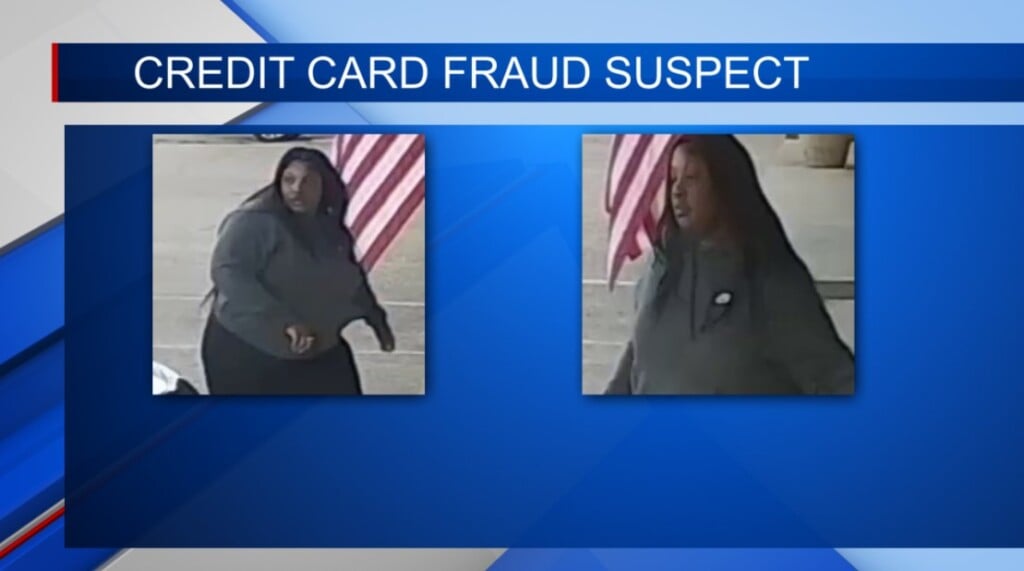Hood Eyes Guns on School, College Campuses
By Bobby Harrison
Northeast Mississippi Daily Journal Jackson Bureau
JACKSON – All the issues surrounding where Mississippians can carry guns have not been cleared up, even with the recent state Supreme Court ruling upholding a new law that allows people to carry guns in plain sight with no permit.
Attorney General Jim Hood said recently his office has been asked by a school board attorney to issue an official opinion regarding whether people with an enhanced carry permit can carry a weapon on school property.
“I know our universities are extremely concerned about the possibility of firearms being carried into sporting events,” said Hood.
People must attend a day-long seminar in order to secure an enhanced carry permit. Hood said apparently there is one law that bans guns and various other weapons on school property. But the law dealing with enhanced carry states people who obtain the permit have the right to carry guns on school property.
Hood’s office has been asked to provide an opinion on that conflict in state law.
House Judiciary B Chairman Andy Gipson, R-Braxton, author of legislation recently upheld by the Supreme Court re-enforcing Mississippians’ right to carry a gun in plain sight, said he believes the person with an enhanced carry permit can carry a weapon on school property.
“There is a long-standing statutory interpretation principle that ‘the specific controls the general,’” Gipson said. “The specific ‘enhanced carry’ law controls instead of the general prohibition. So, to answer your question, yes, I think an enhanced carry permit holder has the ability to carry on university campuses for self-protection.”
Since Gipson’s bill passed the 2013 Legislature and was debated by the courts, there has been considerable controversy about where people can carry guns.
With the recent court ruling, people have the right to carry weapons in plain sight with no permit. A person carrying a concealed weapon is supposed to have a permit. A person can obtain a concealed carry permit by paying a $138 fee through the Department of Public Safety unless the person is disqualified from owning a gun, such as for being a convicted felon.
To obtain the enhanced carry permit, a person must complete the day-long seminar conducted by an instructor certified by the Mississippi Department of Public Safety.
Hood said recently that governmental entities can ban weapons from certain buildings, such as courthouses where emotional issues are considered and from school property.
Hood said any private property owner could prevent a person from carrying a firearm on his or her property. He said the property owner could do so by posting a sign that could be seen from 10 feet away or simply by asking the open-carry person to leave.
“No question private property rights trump that,” Hood said, explaining that person with a gun could be charged with trespassing if they remain on the property with a weapon.
But Gipson said a person with an enhanced carry permit would not be violating gun laws by carrying a concealed weapon in a posted area.
While the attorney general’s office is revisiting the issue of whether people with enhanced carry permits can carry guns on school property, an opinion by Hood’s office in January 2012 concluded people with the enhanced training had the right to carry guns on school property. The opinion did say the law “does not prohibit … the various universities from adopting admissions, employment or resident hall policies which administratively address the possession of firearms by enrolled students, university employees, dormitory residents, etc.”
An opinion by the attorney general does not carry the weight of law, but does provide guidance and protect public officials who follow it from lawsuits.





Leave a Reply